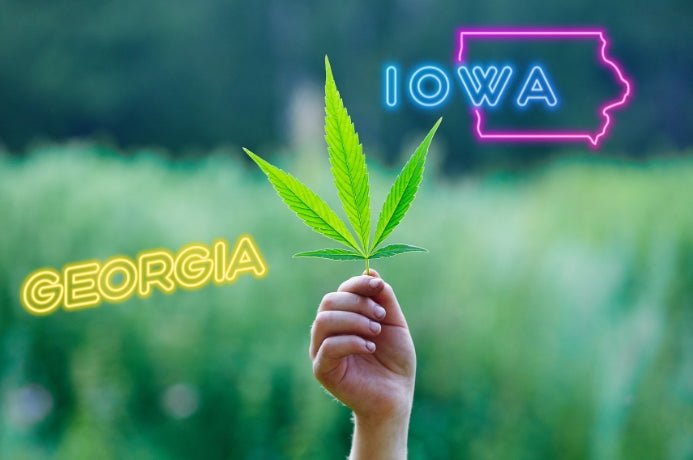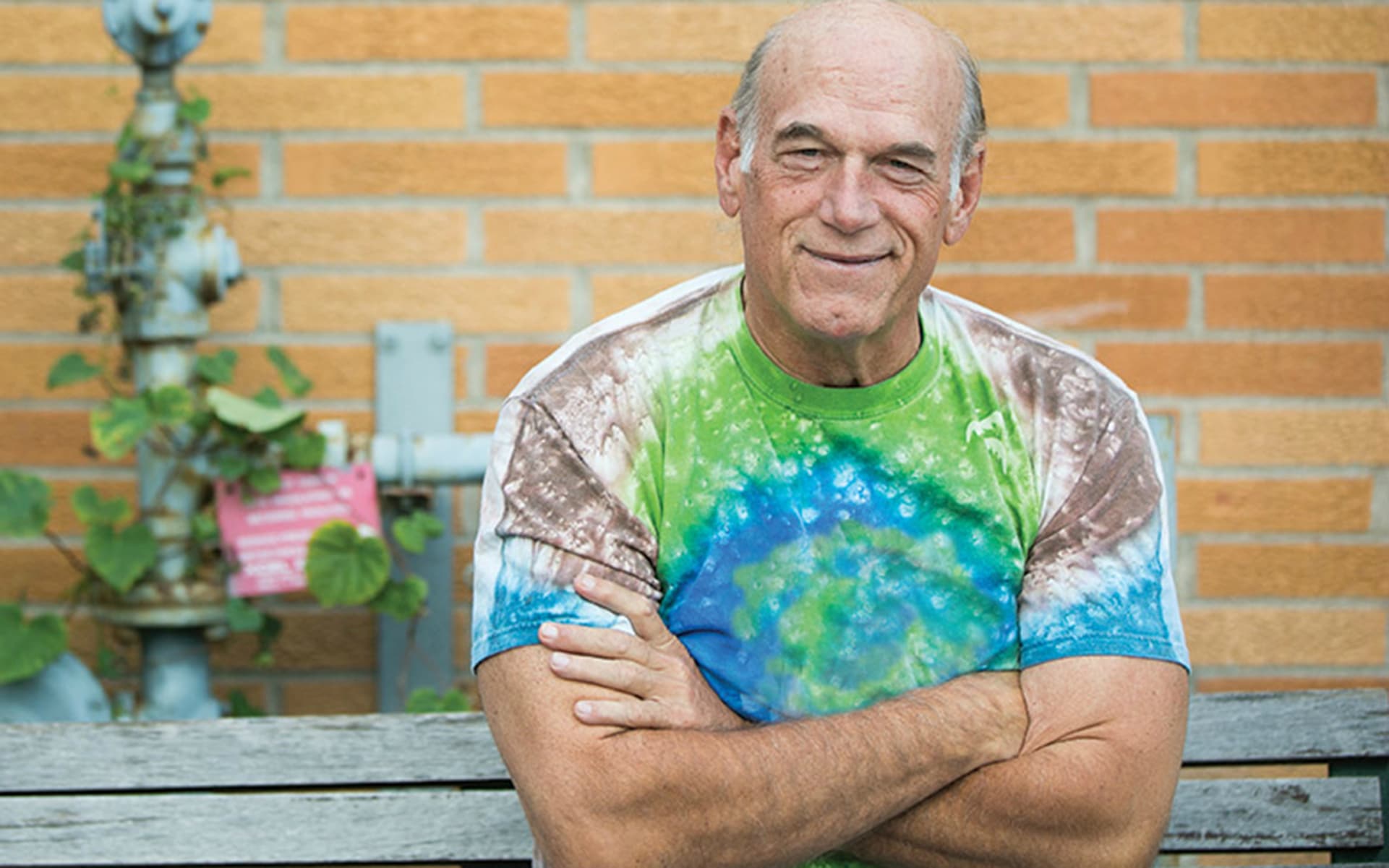As demand for the popular alternative to alcohol continues to soar, many market insiders worry the next Farm Bill could crush the burgeoning industry’s growth.

One of the more fascinating outcomes produced by the 2018 Farm Bill, which legalized hemp and all of its downstream products and uses, is the emergence of the hemp-derived THC-infused beverage market.
With much of the attention by lawmakers and state health officials focused on the proliferation of products containing intoxicating hemp derivatives (IHDs), like delta-8 THC, there has been much less heat and alarm for one of the industry’s most successful and lucrative byproducts.
The overall cannabis beverage market generated roughly $915 million in revenue in 2021. However, that number is projected to exceed $2 billion by 2028. A large portion of that growth is directly attributable to the hemp-derived THC beverage market, which emerged during the COVID-19 lockdowns in 2020.
As more and more Americans, particularly those under the age of 40, seek healthier alternatives to alcohol, many hemp industry entrepreneurs are betting, precariously, on the hemp-based THC drink market to be the true pot of gold at the end of the cannabis sativa rainbow.
One of those individuals is Mary Bernuth, owner of Pharos Brands, which will begin manufacturing and selling THC-infused beverages to retail businesses nationwide this Spring. As first reported in the March-April issue of MJBizMagazine, Bernuth represented one of 30 hemp-derived THC beverage companies at the Wine & Spirits Wholesalers of America’s January expo at the Las Vegas Convention Center. According to the Hemp Beverage Alliance, hemp drink manufacturers took up as much as 10% of the convention floor.
“We’re killing it here. “We want to mainstream this. We feel hemp beverages are an essential piece of destigmatizing THC,” Bernuth told MJBizMagazine from the bustling convention hall.
"We’re killing it here. “We want to mainstream this. We feel hemp beverages are an essential piece of destigmatizing THC."
- Mary Bernuth, Owner of Pharos Brands
However, despite her enthusiasm for helping launch a new and exciting industry and movement simultaneously, Bernuth cannot even sell her products within her home state of Montana. As is the case with several other states, Montana law requires any end product with more than 0.3% delta-9 THC to be sold at a state-licensed marijuana dispensary.
So, while hemp business owners like Bernuth may possess the will, imagination, and work ethic to bring these unique and healthier alternatives to market, much of their success is predicated on the inconsistent and frustrating whims of state and Congressional lawmakers.
When Congress passed the Farm Bill in 2018, the primary intent for legalizing hemp and hemp byproducts was to enable producers of low-THC cannabis intended to be spun into fabric, pressed into oil for fuel, or processed into health foods, to have a legal, economic market once again for their products.
However, the science of hemp was much farther ahead of the legislative empowerment provided by the landmark agricultural spending measure. With the help of some creative chemists, many hemp businesses were able to create a multi-billion dollar intoxicating hemp derivative market almost overnight.
From edible gummies, drinks, and even smokable flower, the demand for psychoactive items sourced from hemp has exploded into a market estimated to be worth north of $28 billion in 2023 by Whitney Economics. For those individuals living in the handful of states that have no form of legal cannabis (medicinal or recreational), these products are a godsend, particularly for those suffering from debilitating disorders like anxiety, PTSD, insomnia, and many others.
Yet, despite the economic success provided by products like hemp-derived THC beverages, as well as the health and wellness benefits created by the broader array of hemp-based cannabinoids like THC and CBD, there is a lot of legal uncertainty surrounding the still young and developing industry.
This author and numerous other publications have documented the controversies surrounding the marketing of loosely regulated IHD products and their associated dangers. While no one is arguing that hemp manufacturers should be allowed to create and sell items that do not meet state and federal health and safety standards, hemp and its byproducts are legal according to federal law.
Until that changes, the various state statutes and guidelines popping up around the country to curtail the prevalence of IHDs are legally dubious at best and perhaps even unconstitutional.
However, the legal argument may finally get settled by Congress later this year or next if lawmakers can finally decide on a new Farm Bill. And that is where the concern and anxiety lay for small business owners like Bernuth.
The uncertainty of if and when that potential shoe might drop is the 800-pound legislative gorilla terrorizing everyone in the room.
“Overall, the federal government is quite unpredictable. The longer things drag out, the more opportunity there is for issues to come to the forefront. It’s obviously hard to predict where those issues are going to land—in hemp’s favor or against,” said Michelle Bodian, the New York-based co-chair of the Vicente law firm’s Hemp and Cannabinoids Department and the Hemp Beverage Alliance’s general counsel.
"Overall, the federal government is quite unpredictable. The longer things drag out, the more opportunity there is for issues to come to the forefront. It’s obviously hard to predict where those issues are going to land—in hemp’s favor or against."
- Michelle Bodian, Hemp Beverage Alliance’s General Counsel
For their part, many of the key Congressional players, including U.S. Senate Agriculture Committee co-chairs Michigan Democrat Debbie Stabenow and Arkansas Republican John Boozman, as well as their colleagues in the House Committee on Agriculture chaired by Pennsylvania Republican Rep. Glenn “GT” Thompson, have been reticent on any specific timelines or details for the renewal.
Others, like Oklahoma Republican Rep. Frank Lucas, supposedly the only “active farmer” in Congress, believe a Farm Bill will absolutely be passed in 2024 and that it won’t differ substantially from the 2018 version.
For hemp industry advocates and stakeholders like Chris Lindsey, director of state advocacy and public policy for the American Trade Association of Cannabis and Hemp, Lucas’ prediction would be an ideal scenario. “This is more about clarifying what Congress did than it is about going in and changing the laws and creating some new regulatory framework,” Lindsey told MJBizMagazine.
"This is more about clarifying what Congress did than it is about going in and changing the laws and creating some new regulatory framework."
- Chris Lindsey, Dir. of State Advocacy and Public Policy for the American Trade Association of Cannabis and Hemp
In the end, no one really knows what Congress will do, and that uneasy limbo state is the cause of many sleepless nights for the hundreds of thousands of Americans employed by the industry and the millions of customers they serve.
However, if there is one axiom that perfectly describes the American economy and government, it is that “Money talks.” Sometimes, an industry or a movement becomes so big that no law or questionable moral qualm can derail its inevitability or necessity.








































